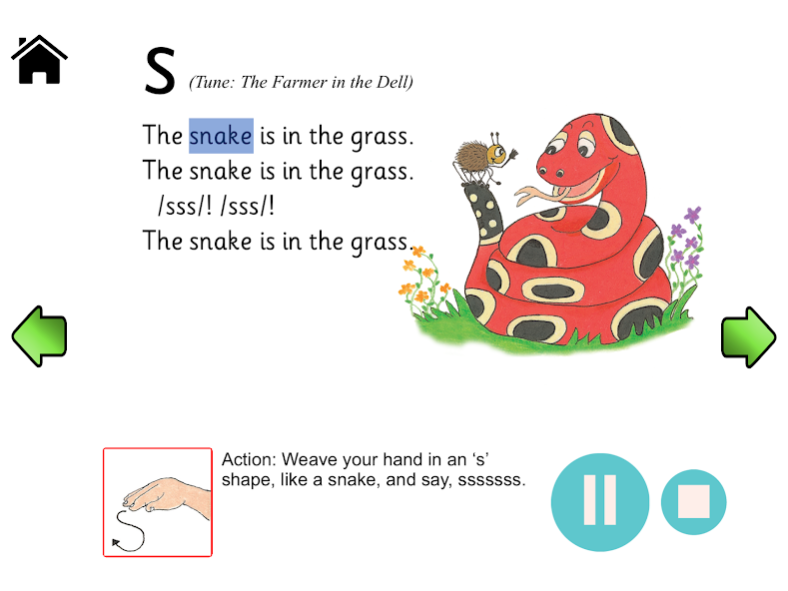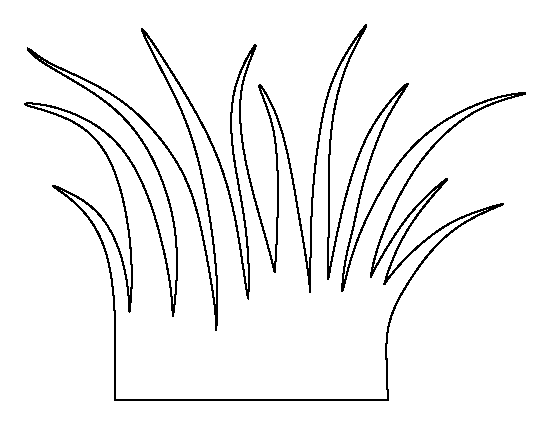
In the early 19th century, Dutch farmers began to advance through the region, seizing land from its black owners, and in the 1880s British settlers arrived with the British South Africa Company (BSAC). The Mutapa Kingdom was destroyed by Portuguese invaders in the early 17th century, and was succeeded by the Rozwi Empire, which expelled the Portuguese. In the pre-colonial era, Zimbabwe existed as a series of advanced trade states, including the Kingdom of Mapungubwe, the Kingdom of Zimbabwe, and the Kingdom of Mutapa. The Grass is Singing takes place in Zimbabwe, which at the time the novel is set was a British colony known as Southern Rhodesia. She died at home in 2013, at the age of 94. In 2007, she was awarded the Nobel Prize in Literature. Lessing declined an OBE and a Damehood due to their association with the British Empire. She went on to publish over 50 more novels, some under the pseudonym Jane Somers. The Grass is Singing was published in 1950. As a result, she was placed under surveillance by the British Intelligence Services for 20 years. Here, Lessing became active in communist, anti-racist, and anti-nuclear activism. In 1949 moved to London with her youngest son, armed with only £20 and the manuscript of her first novel, The Grass is Singing. Lessing divorced her first husband and married again, having another child and then a second divorce. Lessing left school at 13 and home at 15, moving to the capital of Southern Rhodesia, Salisbury (now Harare), where she worked as a telephone operator, got married, and had two children. However, he failed to succeed in this endeavor and the family remained poor. Shortly after her birth the family moved to Southern Rhodesia (now Zimbabwe), where Lessing’s father hoped to become wealthy through farming.


Doris Lessing was born in Iran to British parents her father, Captain Alfred Tayler, was a clerk at the Imperial Bank of Persia.


 0 kommentar(er)
0 kommentar(er)
